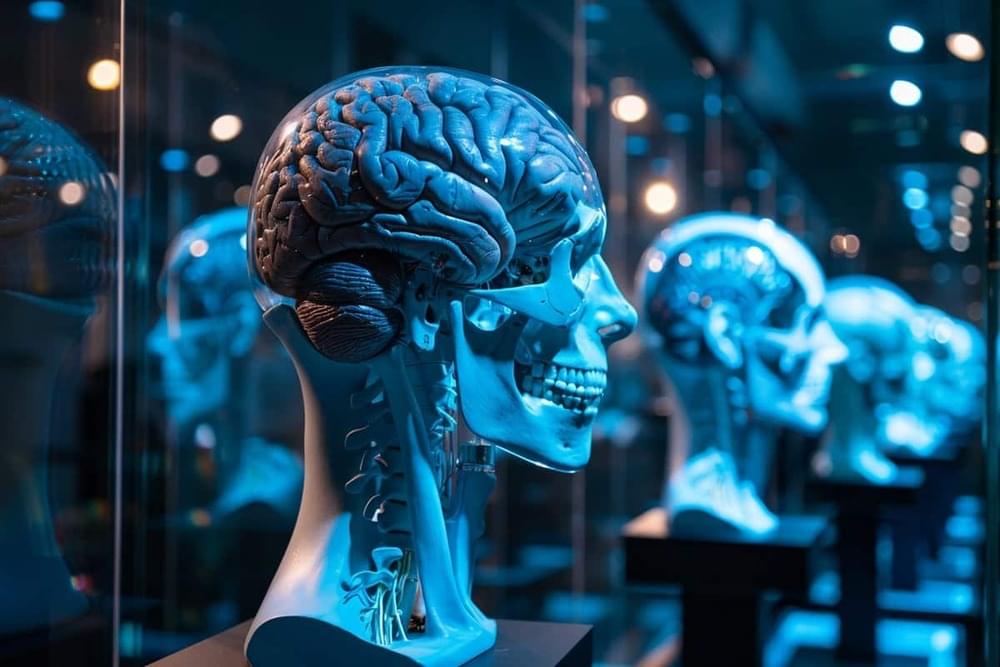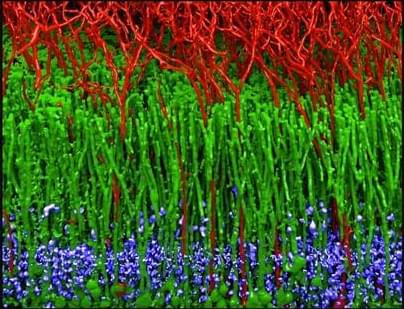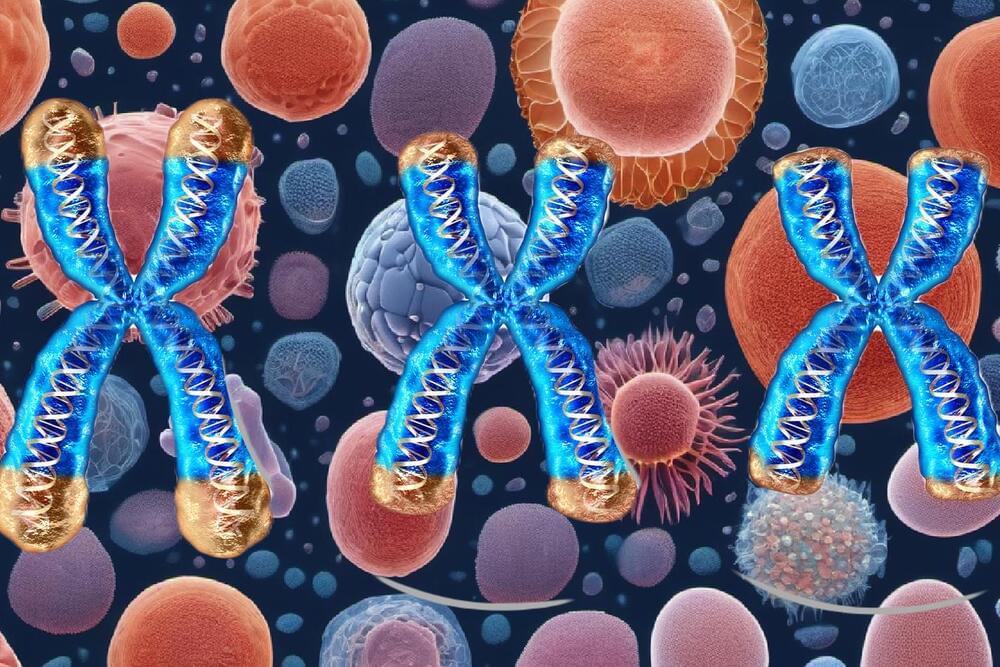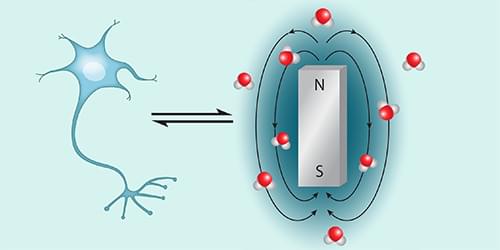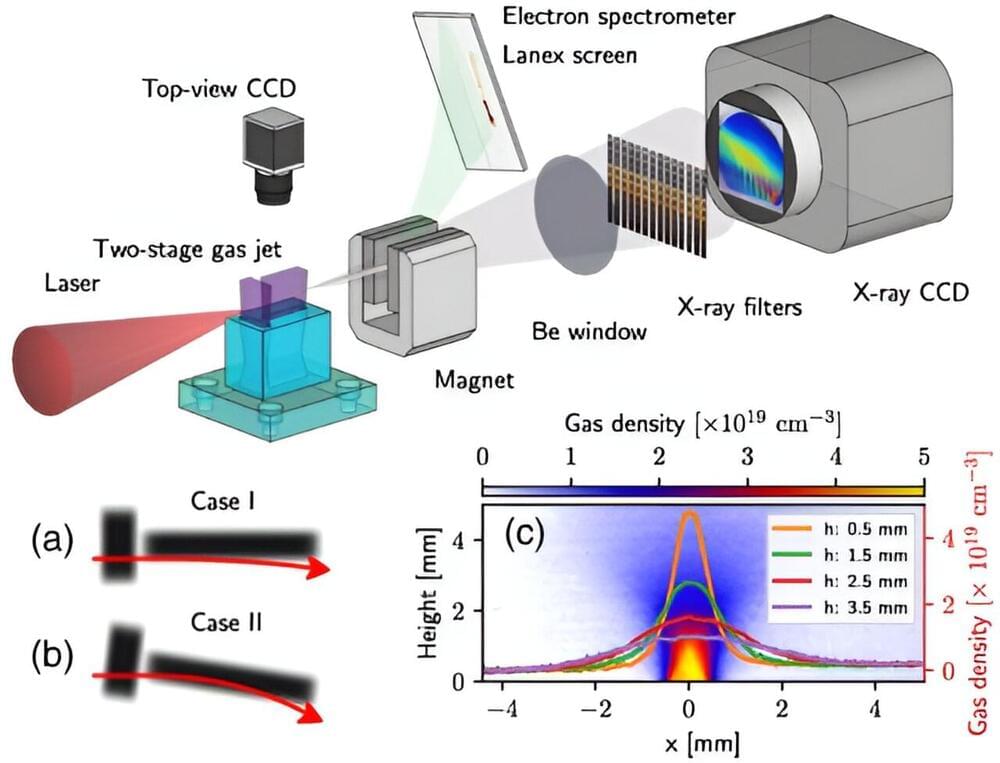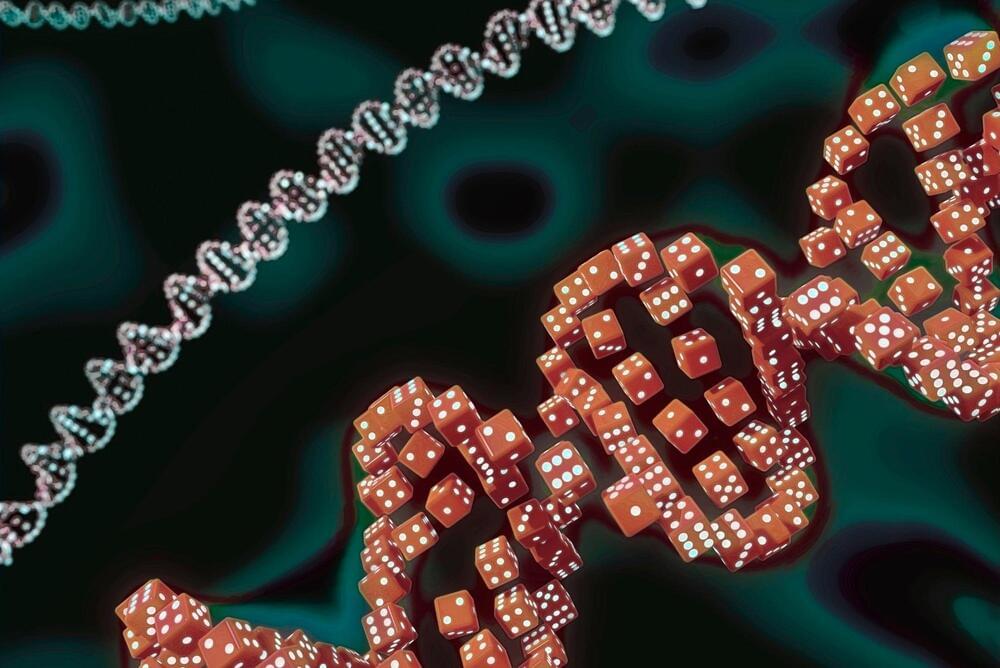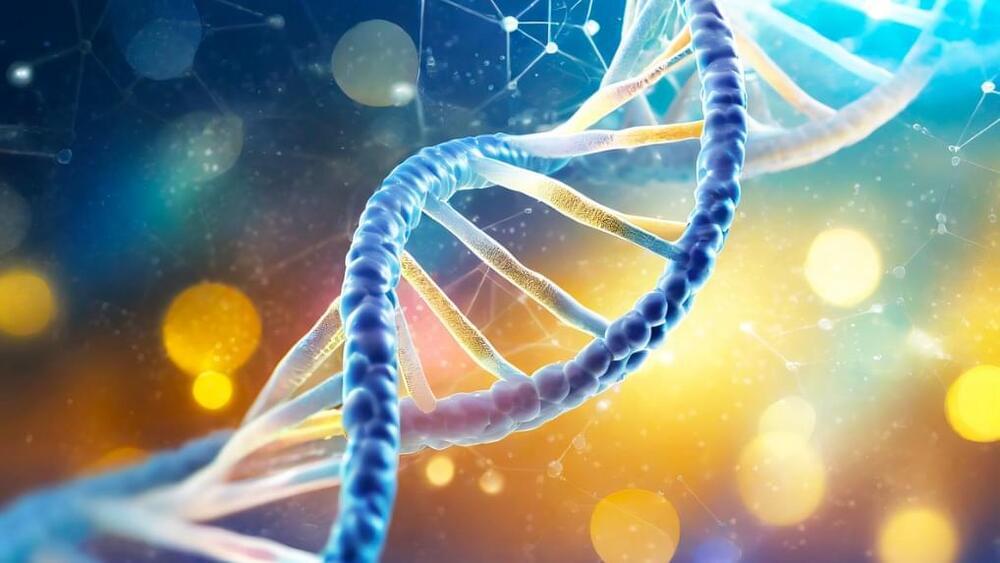Jun 27, 2024
Tiny Titan: MIT’s Revolutionary Coin-Sized 3D Printer Fits in Your Pocket
Posted by Saúl Morales Rodriguéz in categories: 3D printing, biotech/medical, computing, engineering
Researchers from MIT and the University of Texas have developed a prototype for a handheld, chip-based 3D printer using a photonic chip that emits beams of light to cure resin into solid objects. This innovative technology could revolutionize the production of customized, low-cost objects on-the-go and has potential applications in medical and engineering fields.
Portable 3D Printing Technology
Imagine a portable 3D printer you could hold in the palm of your hand. The tiny device could enable a user to rapidly create customized, low-cost objects on the go, like a fastener to repair a wobbly bicycle wheel or a component for a critical medical operation.

